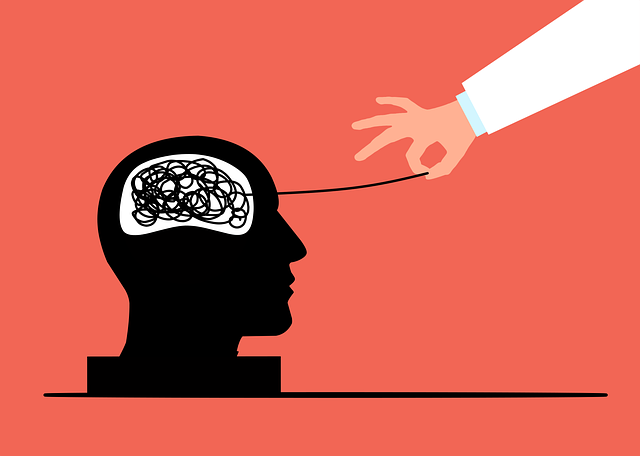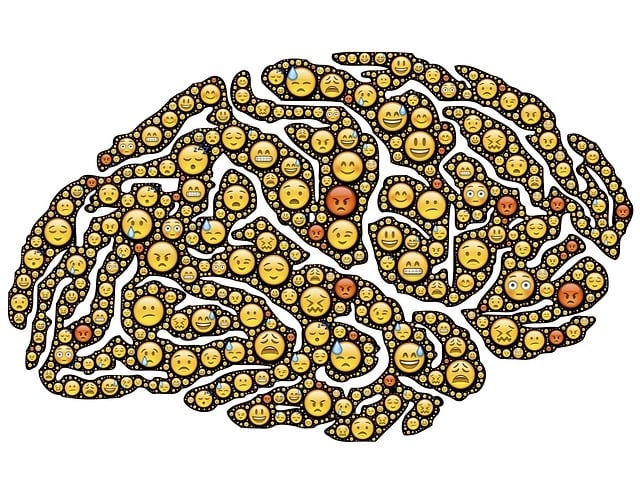Broomfield Gambling Therapy offers a comprehensive approach to mental wellness group facilitation, focusing on gambling behaviors and their emotional impacts. Facilitators create safe spaces where participants gain self-awareness, learn coping strategies, and explore struggles through evidence-based practices tailored to diverse needs. Active listening, structured activities like mindfulness and cognitive-behavioral techniques, and burnout prevention for providers foster empathy, understanding, and a supportive environment. This approach enhances communication, promotes emotional well-being, and reduces stigma, ultimately improving mental health awareness and self-esteem.
Mental wellness group facilitation is a powerful tool for fostering support and enhancing therapeutic outcomes. This article explores Broomfield Gambling Therapy as a foundational model, offering effective strategies for group session management. We delve into techniques designed to create a supportive environment, leveraging the power of peer-to-peer interaction for mental health improvement. By understanding and applying these methods, facilitators can guide groups toward meaningful transformation and enhanced well-being.
- Understanding Broomfield Gambling Therapy: A Foundation for Group Facilitation
- Strategies for Effective Group Session Management
- Fostering a Supportive Environment: Techniques to Enhance Mental Wellness in Groups
Understanding Broomfield Gambling Therapy: A Foundation for Group Facilitation

Broomfield Gambling Therapy is a highly effective approach that forms a solid foundation for group facilitation techniques aimed at improving mental wellness. This therapeutic model focuses on addressing gambling-related behaviors and their impact on individuals’ emotional well-being, offering valuable insights into the complex relationship between mental health and addictive tendencies. By employing Broomfield Gambling Therapy as a framework, facilitators can create supportive group environments that encourage participants to explore their personal struggles, gain self-awareness, and develop coping strategies.
The method emphasizes the importance of understanding cultural competencies among healthcare providers, ensuring they are equipped to cater to diverse client needs. This includes conducting thorough risk assessments for mental health professionals, enabling them to identify potential triggers and implement evidence-based practices. Through these techniques, facilitators can promote emotional well-being by fostering meaningful connections, enhancing communication, and providing practical tools to manage gambling-related challenges effectively.
Strategies for Effective Group Session Management

Effective group session management is key to creating a safe and supportive environment for individuals navigating mental wellness challenges. Facilitators play a pivotal role in guiding conversations, ensuring every member feels heard and respected. One powerful strategy is employing active listening techniques, where facilitators reflect back concerns, validate emotions, and encourage open dialogue. This approach fosters trust and enhances the sense of community within the group, encouraging members to share their experiences without fear of judgment.
Additionally, incorporating structured activities tailored to specific mental health topics can significantly benefit the group. For instance, mindfulness exercises or cognitive-behavioral techniques taught during sessions empower individuals with practical tools for managing anxiety relief and cultivating inner strength. By combining these strategies, facilitators at Broomfield Gambling Therapy contribute to meaningful Mental Illness Stigma Reduction Efforts, fostering a culture of understanding and solidarity among participants.
Fostering a Supportive Environment: Techniques to Enhance Mental Wellness in Groups

Fostering a supportive environment is a cornerstone of effective mental wellness group facilitation. Creating a safe and non-judgmental space encourages participants to open up, share their experiences, and build meaningful connections. Techniques such as active listening, reflective statements, and structured activities promote empathy, understanding, and a sense of belonging. By implementing these strategies, facilitators at Broomfield Gambling Therapy can enhance group cohesion, fostering an atmosphere that supports mental health awareness and self-esteem improvement.
Additionally, incorporating Burnout Prevention Strategies for Healthcare Providers into the facilitation process is vital. Facilitators should prioritize self-care, set clear boundaries, and encourage open discussions around stress management and resilience. These practices not only benefit the facilitators’ well-being but also contribute to a more sustainable and effective group dynamic. Through these inclusive approaches, mental wellness groups can become powerful platforms for positive transformation and personal growth.
Broomfield Gambling Therapy provides a robust framework for mental wellness group facilitation, focusing on creating supportive environments and effective session management. By understanding this therapy’s principles, facilitators can enhance group interactions, foster open communication, and promote mental health recovery. Integrating strategies from this approach allows professionals to guide groups toward positive outcomes, ensuring each member receives the support needed to navigate their mental wellness journeys effectively.













